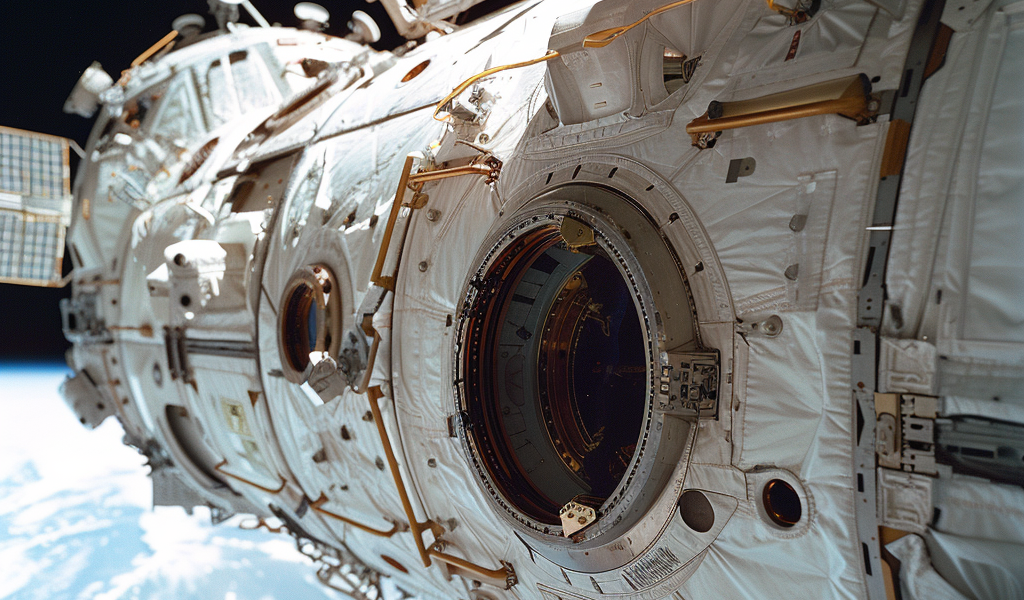NASA is closely monitoring an increased air leak in a Russian International Space Station module, which has doubled in magnitude. However, the space agency has assured that the leak does not currently pose a safety risk.
During a briefing about the upcoming Crew-8 mission to the station, Joel Montalbano, NASA ISS program manager, revealed that the leak in the Zvezda service module had escalated about a week before the Feb. 14 launch of the Progress MS-26 cargo spacecraft to the station. The spacecraft successfully docked to the aft end of Zvezda two days later.
Montalbano stated that the leak has now increased to a rate of more than 0.9 kilograms of air lost per day, double the previous rate detected in that part of Zvezda. Despite the concerning increase, he emphasized that it does not impact crew safety or vehicle operations.
The leak is located in a vestibule known as PrK between the docking port and the rest of the module. This section can be sealed off to minimize the loss of air from the rest of the station. Following the docking of Progress, the hatch was kept closed for about 24 hours to observe any changes in the leak, but no significant impact was noted. Subsequently, the hatch was opened for about five days to allow crews to unload the spacecraft, after which it was closed again. The hatch will remain closed until early April, as NASA collaborates with Russian colleagues on the next steps, including accessing the vestibule and studying the leak further.
The PrK leak was initially detected in 2019 and has since been extensively analyzed by Roscosmos and NASA. Previous attempts to address the issue included applying Kapton tape to plug the leak and installing gauges to measure stresses on the module that could be causing cracks.
While the current increased rate of the air leak presents a new challenge, NASA and its international partners are actively working to address the situation and ensure the continued safety and functionality of the International Space Station.





